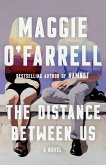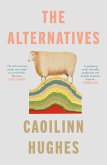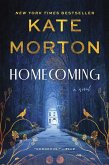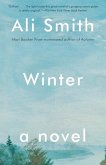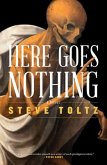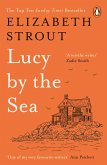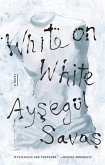"Burnt out and in need of retreat, a middle-aged woman leaves Sydney to return to the place she grew up, taking refuge in a small religious community hidden away on the stark plains of rural Australia. She doesn't believe in God, or know what prayer is, and finds herself living this strange, reclusive existence almost by accident. But disquiet interrupts this secluded life with three visitations. First comes a terrible mouse plague, each day signaling a new battle against the rising infestation. Second is the return of the skeletal remains of a sister who disappeared decades before, presumed murdered. And finally, a troubling visitor plunges the narrator further back into her past"--
Hinweis: Dieser Artikel kann nur an eine deutsche Lieferadresse ausgeliefert werden.
Hinweis: Dieser Artikel kann nur an eine deutsche Lieferadresse ausgeliefert werden.
It's just as extraordinary as the whispers from abroad suggested . . . the quiet, intensely private voice of Stone Yard Devotional feels more intimate than a library of confessional novels . . . Wood has developed a style that relies on dislocation, juxtaposition and elision to suggest the currents of spiritual turmoil and resolution. A lesser artist would push too hard for tenderness, for meaning, for what Hemingway called "fake" mysticism . . . Ultimately, a strange sense of engagement with these pages gives way to sheer gratitude for the chance to be in the presence of such restraint and wisdom Ron Charles Washington Post


